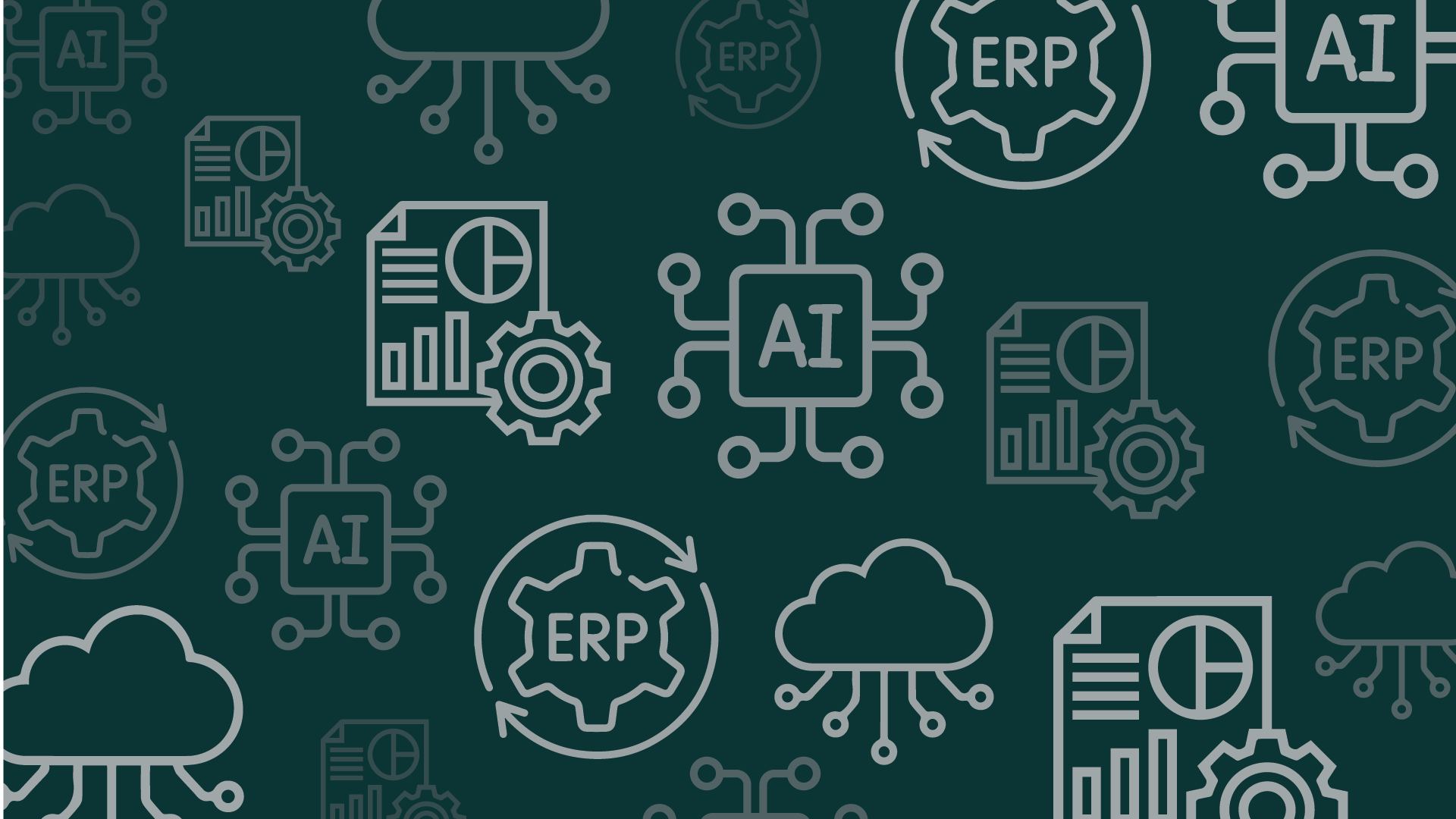As we step into 2025, Enterprise Resource Planning (ERP) systems continue to be the cornerstone of digital transformation for businesses across industries. These systems are more than just tools for managing finances, inventory, and human resources—they are the backbone of streamlined operations, helping organisations drive efficiency, gain deeper insights, and make data-driven decisions. In an increasingly competitive landscape, ERP systems are playing an even more vital role in enabling companies to stay agile, scalable, and forward-thinking.
With the rapid pace of technological advancements, it’s crucial to maximise the value of your ERP investment in the year ahead. Here’s how to ensure your ERP is set up for success in 2025:
Prioritise Cloud Adoption
Cloud-based ERP systems continue to dominate due to their scalability, accessibility, and cost-efficiency. As businesses face the challenge of rapid growth and globalisation, the cloud offers unparalleled flexibility, enabling teams to access critical data and manage operations from anywhere. If you haven’t already made the move to the cloud, now is the time to evaluate how this shift can modernise your business operations, reduce IT overhead, and provide the agility your organisation needs to thrive.
Focus on Integration and Interoperability
One of the keys to unlocking the full potential of your ERP system is ensuring it integrates seamlessly with other business tools, such as Customer Relationship Management (CRM), Human Resource Management Systems (HRMS), and Business Intelligence (BI) platforms. When these systems work together, they provide a holistic view of your organisation, leading to smarter decision-making and more efficient workflows. This interconnected approach ensures that departments can collaborate more effectively, reducing silos and driving a unified strategy.
Leverage AI and Automation
AI and automation are no longer optional—they’re essential for staying competitive. From automating routine processes like invoicing and payroll to providing predictive analytics for better forecasting, AI-powered ERPs can drastically reduce manual workloads and improve operational efficiency. In 2025, investing in ERP systems with integrated AI capabilities will enable your organisation to not only stay on top of operational tasks but also anticipate business trends and make more strategic decisions based on real-time insights.
Enhance User Training and Adoption
An ERP system is only as effective as the people using it. Ensuring that employees understand the system and can leverage its full capabilities is crucial for success. Regular training programs, intuitive user interfaces, and comprehensive change management strategies will help employees embrace the system and use it to its fullest potential. Empowering your team with the right knowledge and skills ensures a smooth transition and maximises the return on your ERP investment.
Improve Cybersecurity Measures
With ERP systems housing critical and sensitive data, robust security measures are more important than ever. As cyber threats continue to evolve, organisations must implement multi-layered security protocols, including data encryption, access controls, and regular system updates, to protect against breaches and attacks. Investing in a secure ERP system will help safeguard your business, maintain regulatory compliance, and build trust with customers and partners.
Optimise for ESG Reporting
Environmental, Social, and Governance (ESG) considerations are gaining significant importance in the business world. Many modern ERP systems now come with modules specifically designed to track and report ESG data, helping organisations meet sustainability goals and regulatory requirements. By optimising your ERP to support ESG reporting, you can stay ahead of evolving regulations, enhance transparency, and demonstrate your commitment to responsible business practices.
Plan for Scalability
As your business evolves, so too must your ERP system. Whether you're expanding into new markets, increasing product offerings, or scaling operations, your ERP must be able to adapt to your growing needs. Work with your vendor or IT team to ensure your system can scale efficiently, both in terms of functionality and infrastructure. A scalable ERP system will not only meet your current demands but will also be ready to support your long-term growth strategies.
Summary
In 2025, your ERP system is not just an operational tool—it’s a strategic asset. By prioritising cloud adoption, integration, AI, security, and scalability, you can turn your ERP into a competitive advantage that drives business success.
How Cloud2 Consult can help...
Cloud2 Consult helps clients achieve their finance and technology goals by implementing ERP Cloud Solutions and connecting them with top experts for seamless finance transformation. Our candidates have extensive experience in shaping strategy, leading complex projects, and empowering teams.
We provide access to a carefully vetted network of ERP specialists with proven success, ensuring strong support for every implementation.
To set projects up for success, we offer free Fireside Chats with ERP experts to guide business case development, ERP selection, and the discovery phase—available for both new and struggling projects, with no obligation.


